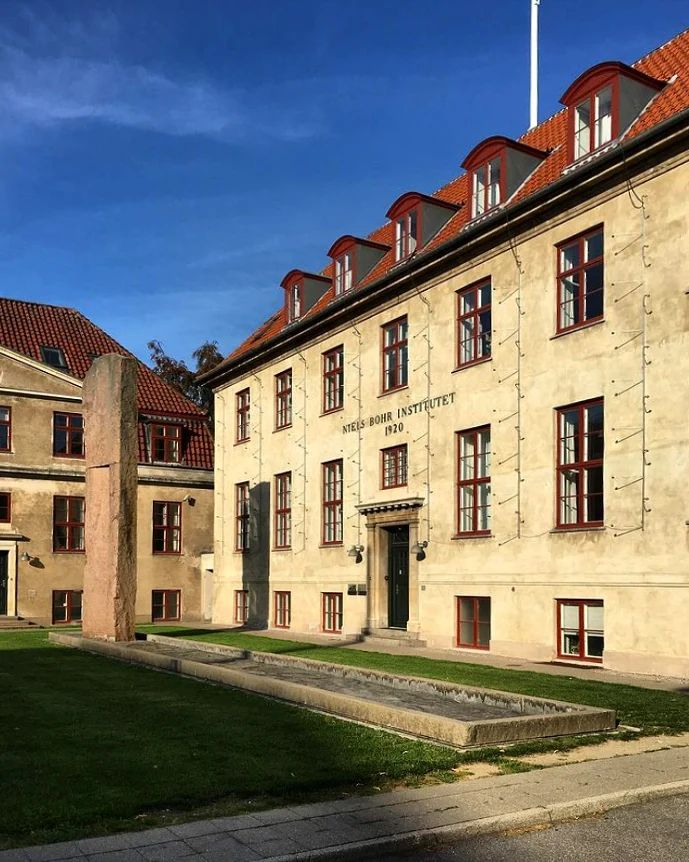University of Copenhagen

The University of Copenhagen ranks first among the best universities in Denmark. Theology, Law, Medicine, and Philosophy were the four faculties that made up the University of Copenhagen, which was founded in 1479. It is Denmark's oldest and Scandinavia's second-oldest university. It is also Denmark's largest higher education institution. The university has undergone several transformations over the years: it was once an academic republic with its own laws and judges, which it retained until 1771, until losing its "professional power" in the 1960s.
The University of Copenhagen now has over 100 departments and research centers, as well as six faculties - Health and Medical Sciences, Humanities, Law, Science, Social Sciences, and Theology – that provide over 200 bachelor's, master's, and doctoral degree programs. Many of the courses are also available in English.
The university hires around 5,000 academic staff, with roughly 80% of them working in research. The institution had around 4,500 subsidy-funded research projects in 2015. The university is divided into four main campuses, three of which are located in Copenhagen (North Campus, City Campus, and South Campus), and one in adjacent Fredericksburg (Faculty of Science and Faculty of Health and Medical Sciences). Niels Bohr, who was given the Nobel Prize in Physics in 1922 for his work on the structure of atoms, is one of nine researchers linked with the University of Copenhagen who has received Nobel Prizes. Tycho Brahe, the first scientist to document supernovas, and the philosopher Kierkegaard are two more prominent alumni.
World Rank: 37
Phone: +45 35 32 26 26
Fee:
- Non-EU/EEA undergraduates: US$10,860 to 18,470
- Master's programs: around US$10,920 for two years
Address: Nørregade 10, 1165 København, Denmark
Website: https://www.ku.dk/











